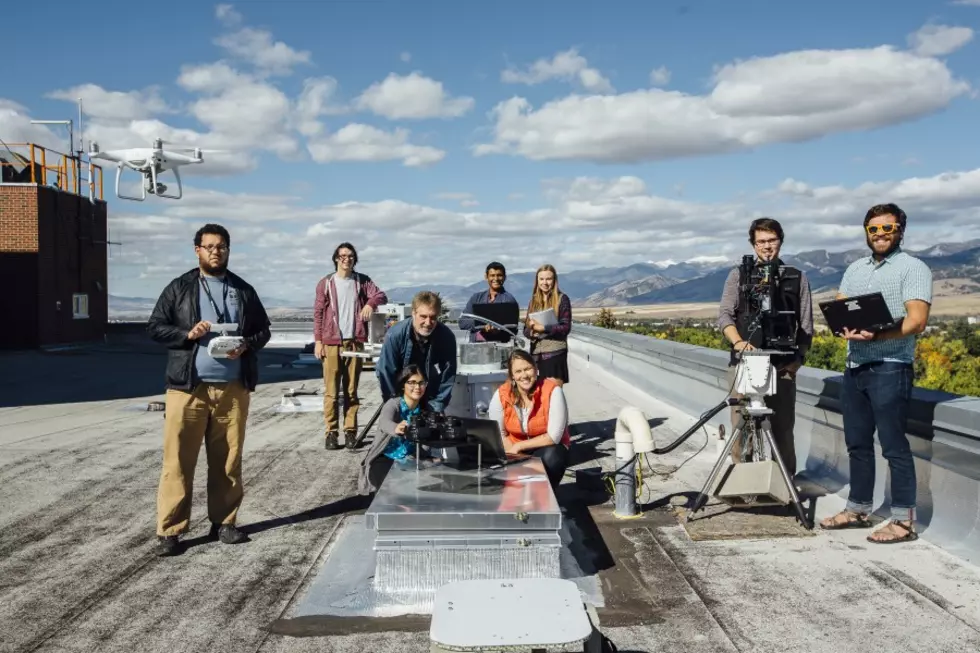
MSU professor receives international award for optics research
BOZEMAN — A Montana State University researcher has received an international award recognizing his achievements in a growing field of optics.
Joe Shaw, professor in the Department of Electrical and Computer Engineering and director of MSU’s Optical Technology Center, has been named the 2019 recipient of the G. G. Stokes Award in Optical Polarization, which is given annually by the International Society of Optics and Photonics. Named for the 19th century physicist and mathematician whose work underpins today’s understanding of light polarization, the award has been given since 2004 to recognize exceptional contributions to the field.
“It’s pretty humbling to think that what I’ve been doing — motivated largely by curiosity and the desire to do fun things — has been deemed significant enough to be recognized with this international award,” Shaw said.
Seeking to better understand and apply light polarization — a phenomenon commonly experienced by people wearing glare-reducing polarized sunglasses — has been “the driving question at the core of my work over the years,” Shaw said.
Light is said to be polarized when its waveforms align in a single direction. When sunlight reflects off of water or other horizontal surfaces, its waves become partially aligned — or polarized — in a horizontal direction. Polarized sunglasses and camera filters contain molecule-sized features that block a particular orientation of polarized light waves while transmitting light waves that are oriented in other directions.
Subtle instances of polarized light can be found throughout nature, and man-made light can be polarized for a variety of purposes, Shaw explained. Polarization “is like an added dimension of light,” he said, because it contains information not otherwise apparent to the human eye.
For instance, Shaw recently used polarized optics combined with invisible pulses of laser light to detect the spawning locations of invasive lake trout while flying over Yellowstone National Park’s largest lake. When the harmless laser pulses reflected off the fish at depths of 30 feet or more, the light became polarized and produced a distinctive signal, Shaw explained.
“Because there are so many practical problems you can solve with polarization, the field is kind of booming right now,” Shaw said.
Shaw’s recent polarization research also includes an experiment that took place during the 2018 total solar eclipse. His team made the most accurate measurements to date of how the polarization of the sky’s ambient light changes when the moon covers the sun.
Central to Shaw’s research has been a variety of polarization experiments funded by the U.S. Air Force Office of Scientific Research since 2004. The work mainly involves the use of specialized cameras on the flat roof of MSU’s Cobleigh Hall to take images of the sky. The images can be used to better understand how the patterns of various wavelengths of polarized light in the sky change due to atmospheric conditions. The research is helping to develop advanced measurement methods with applications in military surveillance and climate science.
Among the more than 200 journal and conference papers he has published in his career, Shaw estimates that about one-third involve light polarization. He has published more than three-quarters of those papers since becoming a professor at MSU’s Norm Asbjornson College of Engineering in 2001.
Shaw noted that a steady stream of MSU graduate and undergraduate students have been partners in his work, contributing to the Montana University System goal of providing hands-on research opportunities. “Students have been a huge part of my success,” he said. “They have enabled us to answer more questions, and better ones.”
Shaw will receive the award in person at the International Society of Optics and Photonics awards banquet in San Diego in 2019.
More From K96 FM









